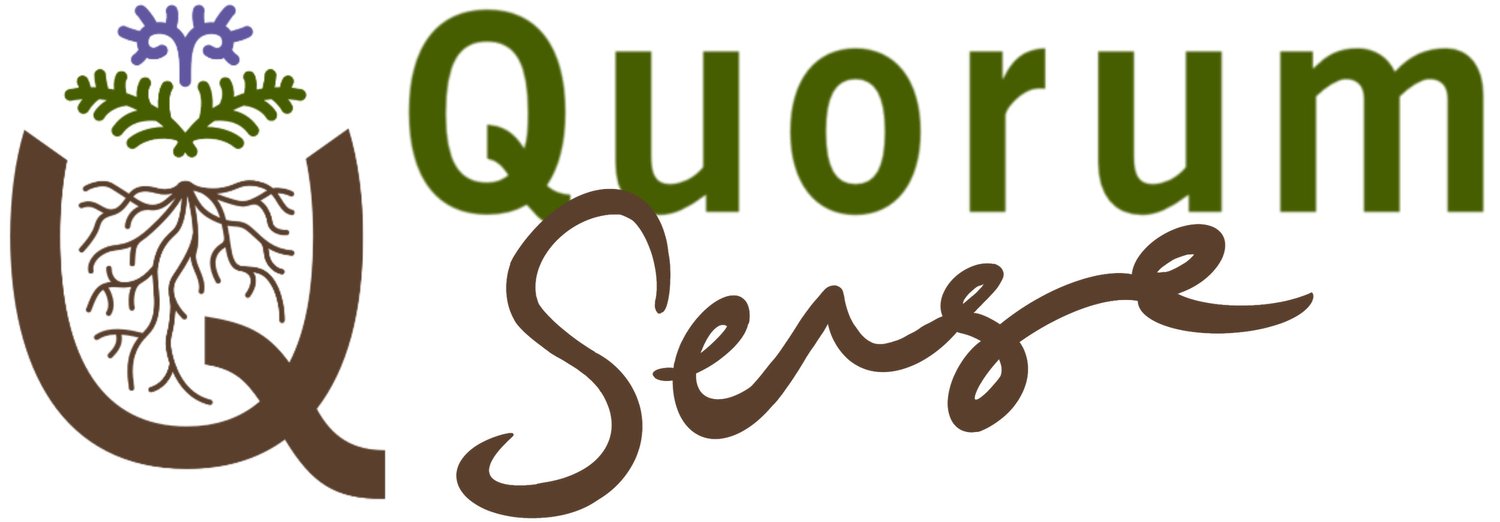Rachel & Kenneth Short
Shortland Farm, Opunake, Taranaki
In the family for 4 generations, Kenneth & Rachel have run the farm for the past 20 years, but as of 1 June 2025 they now have a contract milking couple running the farm. Kenneth will continue doing fertiliser, crops, hay making and maintenance etc. Rachel will continue rearing the calves, admin and has a number of industry roles. Rachel & Kenneth have plans to plant and maintain many more trees on the farm.
Shortland Farm and a second under the same ownership are certified organic dairy farming entities.
The Shorts are proud to be operating a highly profitable, holistic farm that produces a high-quality specialty product while prioritising the environment, animals and people. Their mission is sustainable, profitable production of specialty milk while minimising environmental harm.
What drew the Shorts to a regenerative approach was a keen interest in adding more diversity. The conversion to being certified organic was complemented by adopting regenerative practices that fitted their values.
They have learnt from many people and from farmer to farer learning within groups. They have benefitted from consultancy from Jules Matthews and now Greg Barclay, Soil Connection. They have watched various webinars and listened to podcasts.
Regenerative Farming Practices
Multi species pastures/crops
Biological soil stimulants.
Grazing management including use of Halter
They have implemented a change in grazing management: the biggest change has been implementing longer round lengths during the summer and autumn. They have Halter and use the technology to assist with grazing management.
They are growing a summer crop of 20+ species. They have added grasses, clovers, plantain, chicory and more across all paddocks on the farm.
No external feed inputs come on to the farm – anything required is made on farm.
Fertility
Currently using biostimulants biological brews and foliar sprays from AgriSea and NZ Humates plus any trace minerals required.
Taranaki generally has good fertile soils and the health of the soils is improving using a biological approach.
Changes / Benefits
They used to farm solely above the ground, they now have a below the ground up approach which has resulted in healthier soils, pastures and animals.
They have noticed healthier soils with less compaction, better water infiltration rates and deeper root depths.
Highly profitable but this is also due to the income premium received from the Fonterra Organic Milk Programme and ANZCO Organic Meats.
An all round more stress free, resilient farming operation
Looking Ahead
They plan to continue on their organic, regenerative journey. They want to plant more trees for shelter, shade and fodder. And they are open to more ideas for coping with droughts.
Biggest challenge
The weather remains the biggest challenge. Coastal Taranaki experienced a significant drought this autumn.
What’s one thing you’ve learned that surprised you?
There are many farmers achieving great results on regenerative journeys but still negatively challenged by many industry leaders/organisiations.
What would you do differently if you started again?
The best time to plant a tree was years ago, we should have planted more sooner. It takes time for trees to grow.
Advice to others considering the transition
Go for it, network with farmers/groups already on the journey.
Find out more
Use our website search bar and type in Rachel Short – she has contributed to several webinars and webpage content.
In depth farm analysis with financials are available:
https://www.dairynz.co.nz/research/case-studies/rachel-and-kenneth-short/


